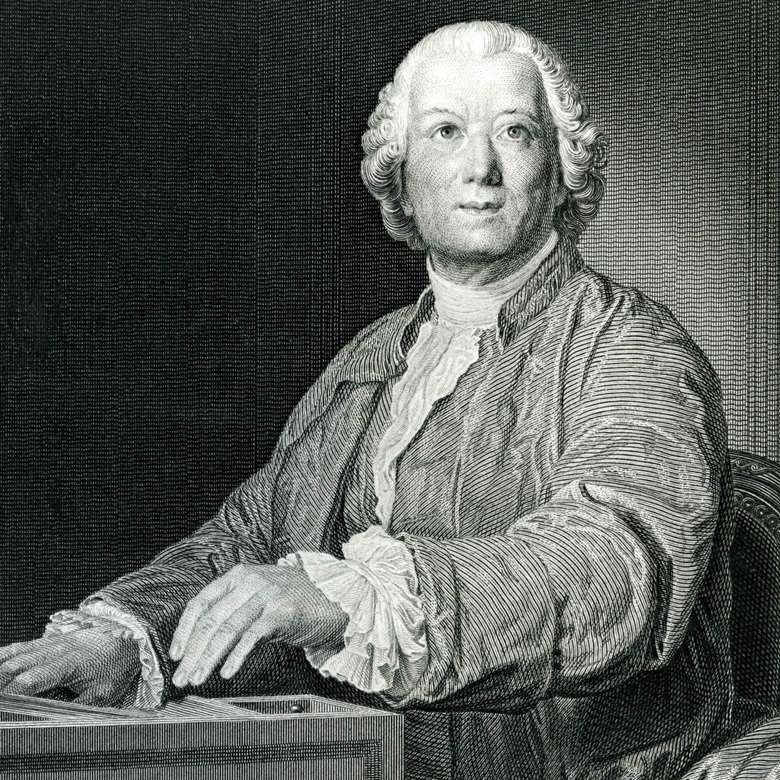Jean-Pierre Rampal, interview by Stephen Johnson (Gramophone, February 1992)
James McCarthy
Thursday, May 9, 2013

'As you know, I always get stuck when I have to write for the same instrument (one I cannot stand) all the time...' Those words of Mozart to his father, written while he was struggling to complete a series of pieces for the Dutch flautist Dejean, have been taken time and again as his final judgement on the flute – a fact that makes Jean-Pierre Rampal see deepest red. He pours out his indignation in wonderfully French English. 'No, no, no! Mozart was – how do you say – volatile. He didn't like this amateur flautist, and he had to turn out all these pieces for money. In the middle of this he tells his father that he hates the flute! But if you look at the music you can see that he understood it, technically, expressively. And then you listen to those last piano concertos – the flute parts so beautiful, so full of humour and love. This man hated the flute? Impossible.'
Point taken, but isn't there just a hint of defensiveness here – the champion protecting the honour of his beloved instrument? 'Again no. I never make "flutism" – like "pianism". I think it's horrible. Some people – they think only about their instrument. I'm not so in love with the flute. I play it – OK, I express myself musically with it – but I could play the violin. Flute is not an end for me. It never was.'
So why then was he drawn to play it if not by some special magnetism? 'It was my father. He was my teacher and my hero. I wanted to do like him. He was still playing the flute at 85 – until a year before his death. In our holidays in Corsica we would play together. But he didn't force me to play the flute. No, I had to force him to teach me. Perhaps if he had tried to make me play flute it would have been different. Also I admired very much the great flautist Marcel Moyse. He and my father had the same teacher. This was the man who opened the door for so many of my generation. Still at first I only wanted to be a musician – and even to decide this took some time. For a while I thought that I could be a doctor.'
Surely though the personality of the instrument he chose can't have been irrelevant. For many the flute has a strongly defined character – or at least the overwhelming proportion of flute music has. Some would say that it's a very restricted character – that there are certain things that the flute does very well and plenty more that it can't do at all. 'It's true. But it can be a very deep character – not just impressionism, delicacy, painting moods of antiquity, but also it can be very serious and tragic. Verdi sometimes uses the flute in a very significant, dramatic way. The flute can show you everything of humanity, from death to love – to sex. Look at Mozart!'
There is an interesting opportunity to do just that in Rampal's latest disc, where Mozart's Concertone for two violins, K190, is played in an arrangement for two flutes and orchestra – the other soloist is the Japanese flautist Shigenori Kudo. Mozart may not have made the transcription himself but, says Rampal, it's legitimate 18th-century practice, and the solo writing – not particularly violinistic in the first place – transfers well. He's also rather proud of his discovery of the Double Concerto by Domenico Cimarosa. 'He didn't write so much only instrumental music, but this concerto is really a very good piece. All the themes you remember. Lots of music in the 18th century is written to formulas, but this is imaginative and full of fine melodies.'
Formulaic or otherwise, 18th-century music is what Rampal's latest disc is all about: apart from the Mozart and Cimarosa works there are concertos for two flutes by Vivaldi and Anton Stamitz. Is he at all interested in the 18th-century flute itself'? 'In the music yes, but I belong to those people who at that time were fighting to get a better instrument. That's what they wanted and I don't think it's fair to try to destroy what has been achieved. I don't believe you will play with better style or better feeling on a baroque or classical flute. Yes, it is wonderful to hear again instruments like the harpsichord, the viola da gamba, the recorder – they were never replaced. But the transverse flute – it was improved. Again you look at Mozart. He spent a fortune because every time there was a new fortepiano on the market he was buying it – he thought that it would be better than the last one. For many flautists it was the same.' So is there nothing to be learned from a period instrument? 'Maybe there are some things to be learned-but I will not make my life of this.'
Click here to subscribe to the Gramophone Archive, featuring every page of every issue of Gramophone since April 1923







